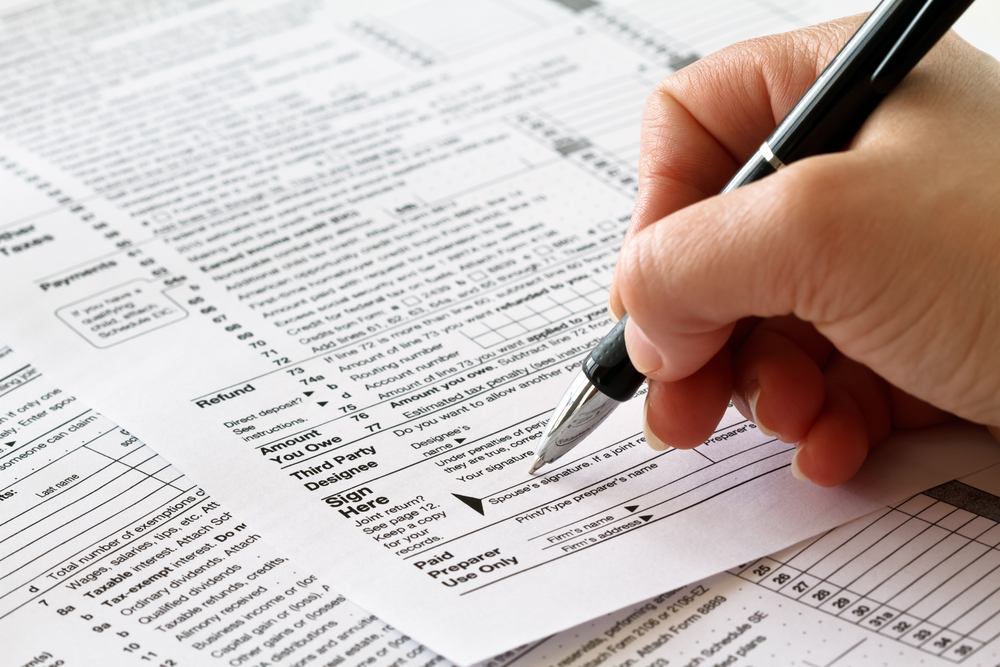The superrich call them “trust reveals” — meticulously planned events where the next generation learns…
Protecting Your Family with an Estate Plan
Think of your estate plan as a gift to your family that protects them, conveys your wishes and prevents family fall-outs over personal possessions.
None of us like to think about death. That is central to the creation of an estate plan. However, if you don’t have a will, your family is in for a rough ride when you die. If you are a parent, and especially if your children are young, you need to have a will so that you can have a say in who will raise your children. You also want a will to keep your family intact.
Fatherly’s recent article, “How to Write a Will: 8 Tips Every Parent Needs to Know” says that families can battle over big assets like cars to small assets like a collection of supposedly rare books. They can fight over anything and everything. Therefore, remember to prepare and sign a last will and testament to dispose of your property the way you want.
Dying without a will means your estate will be disposed of according to the intestacy laws. That could leave your loved ones in the lurch. For instance, in some states, your spouse may only get half your estate, with the remainder going to your parents.
Writing a will is essential, and you should not try to do it yourself. Instead, hire an experienced estate planning lawyer. Along with this, keep these items in mind.
Plan for Every Scenario. When doing your estate planning, consider the various scenarios and contingencies that can happen after you’re gone. A well prepared will includes when and where you want your assets to go. Be wise in how to distribute your assets, to whom they will be going and the timing.
Family Dynamics. You must be very specific when drafting a will, especially if family circumstances are unique, such when there are children from previous marriages who aren’t legally adopted by a spouse. They could be disinherited. Work with an attorney to make sure they receive what you intend with specific details. If you and your partner aren’t legally married, your significant other could find himself or herself disinherited from your assets after you’re dead.
Designating Your Children’s Guardian. If you don’t name a guardian for your children (in cases of either single parenthood or where both parents pass away), the state will determine who gets your children.
Specificity. Your will is a chance to say who gets what. If you want your brother to get the baseball card collection, you should write it down in your will or it’s not enforceable. In some states, you can attach a written list of these personal items to your will.
Health Care. Begin planning your will when you’re healthy so that, in the event of disaster, you will have a financial power of attorney and a health care agent in place. If you become too ill to make decisions yourself, you’ll need to appoint someone to make those decisions for you.
Rules for Minors. Minors can own property, but they’ll have no control over it until they turn 18. If parents leave their home to their minor child, the surviving spouse will have issues if they want to sell it. Likewise, if a child is named the beneficiary of a life insurance policy, IRA, or 401(k), those assets will go into a protected account.
Not So Simple as a Download. We’ve heard from estate planning lawyers who are brought in to clean up the legal messes that are created when people try to create a will, simply by downloading a generic form from a legal website. There are many problems that only come to light after the person dies and when the family is faced with an invalid will. An experienced estate planning attorney can help to create a will that will be less likely to be challenged in court or deemed invalid.
Reference: Fatherly (February 6, 2019) “How to Write a Will: 8 Tips Every Parent Needs to Know”



